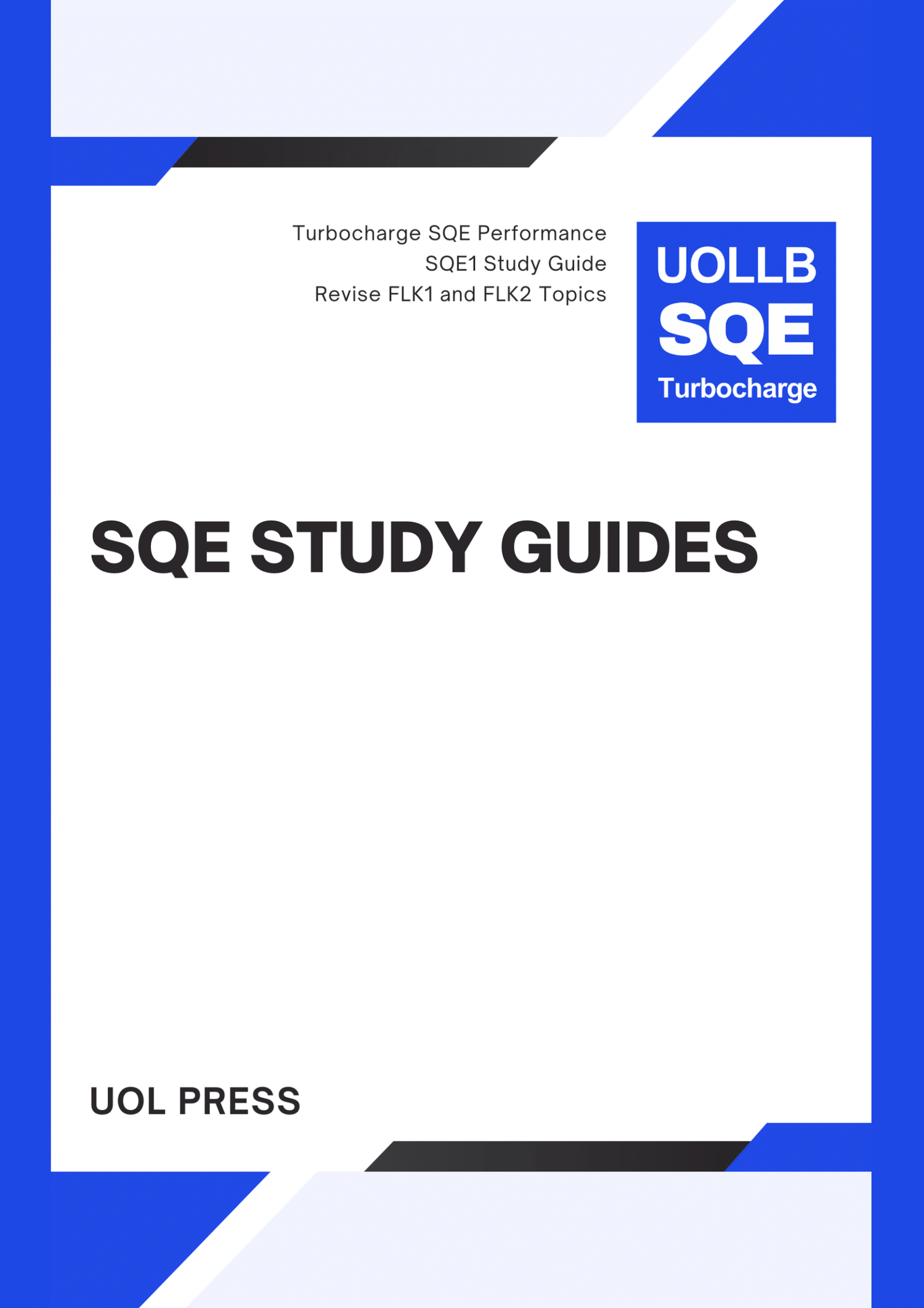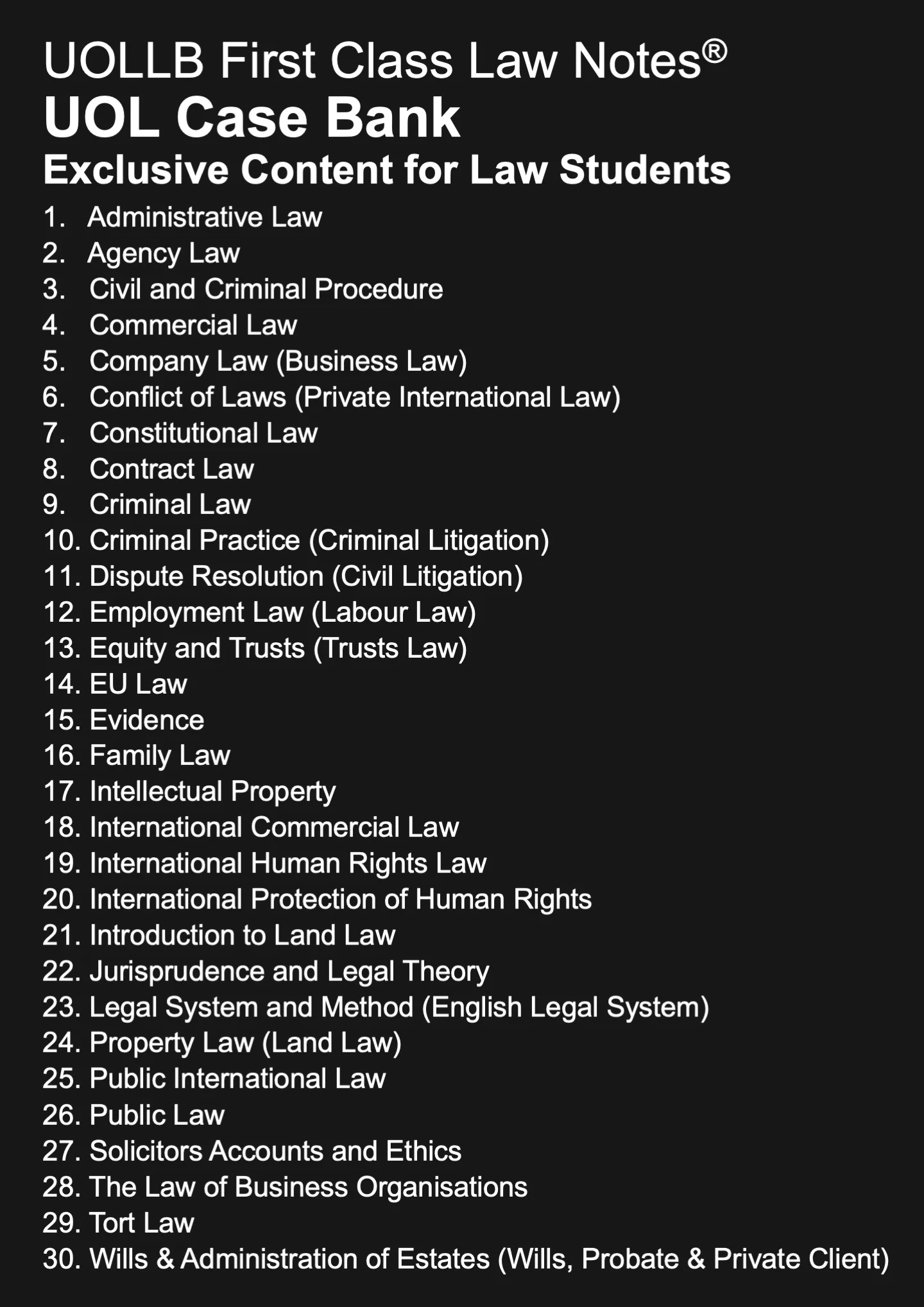American Bar Association Model Rules of Professional Conduct
Share
The American Bar Association Model Rules of Professional Conduct are a set of ethical guidelines that govern the professional conduct of lawyers in the United States. The Model Rules were first adopted in 1983 and have been revised several times since then. The rules are not laws, but rather recommendations for ethical behaviour that have been adopted by many states as part of their rules of professional conduct for attorneys.
The Model Rules cover a wide range of topics, including conflicts of interest, confidentiality, client communication, fees, and responsibilities to the court and to society as a whole. The 9 major categories of rules are as follows:
Client-lawyer relationship: The Model Rules establish guidelines for the relationship between lawyers and their clients, including rules related to confidentiality, communication, and conflicts of interest.
Counsellor: The Model Rules set out the role of lawyers as counsellors, including the obligation to provide competent legal advice, avoid conflicts of interest, and act in the client's best interest.
Advocate: The Model Rules establish rules related to lawyers acting as advocates for their clients, including obligations to be truthful in court and to not bring frivolous or harassing claims.
Transactions with persons other than clients: The Model Rules establish guidelines for lawyers when dealing with third parties in the course of representing a client, including rules related to confidentiality and conflicts of interest.
Law firms and associations: The Model Rules establish rules related to law firms and other legal associations, including obligations to avoid conflicts of interest, properly supervise subordinate lawyers, and ensure that fees charged are reasonable.
Public service: The Model Rules encourage lawyers to engage in pro bono work and to serve the public interest by participating in the legal system and promoting access to justice.
Information about legal services: The Model Rules establish rules related to advertising and marketing legal services, including requirements to avoid false or misleading statements and to not make comparisons to other lawyers that are not verifiable.
Maintaining the integrity of the profession: The Model Rules establish rules related to maintaining the integrity of the legal profession, including obligations to report unethical behaviour by other lawyers, and to avoid conduct that reflects poorly on the profession.
Client property: The Model Rules establish rules related to lawyers holding client property, including obligations to hold client funds in trust accounts and to promptly return client property upon request.
The Model Rules are not binding on lawyers, but they are influential in shaping the rules of professional conduct in many states. Lawyers who violate the Model Rules or their state's rules of professional conduct may face disciplinary action, including suspension or revocation of their license to practice law.
The Model Rules cover a wide range of topics, including conflicts of interest, confidentiality, client communication, fees, and responsibilities to the court and to society as a whole. The 9 major categories of rules are as follows:
Client-lawyer relationship: The Model Rules establish guidelines for the relationship between lawyers and their clients, including rules related to confidentiality, communication, and conflicts of interest.
Counsellor: The Model Rules set out the role of lawyers as counsellors, including the obligation to provide competent legal advice, avoid conflicts of interest, and act in the client's best interest.
Advocate: The Model Rules establish rules related to lawyers acting as advocates for their clients, including obligations to be truthful in court and to not bring frivolous or harassing claims.
Transactions with persons other than clients: The Model Rules establish guidelines for lawyers when dealing with third parties in the course of representing a client, including rules related to confidentiality and conflicts of interest.
Law firms and associations: The Model Rules establish rules related to law firms and other legal associations, including obligations to avoid conflicts of interest, properly supervise subordinate lawyers, and ensure that fees charged are reasonable.
Public service: The Model Rules encourage lawyers to engage in pro bono work and to serve the public interest by participating in the legal system and promoting access to justice.
Information about legal services: The Model Rules establish rules related to advertising and marketing legal services, including requirements to avoid false or misleading statements and to not make comparisons to other lawyers that are not verifiable.
Maintaining the integrity of the profession: The Model Rules establish rules related to maintaining the integrity of the legal profession, including obligations to report unethical behaviour by other lawyers, and to avoid conduct that reflects poorly on the profession.
Client property: The Model Rules establish rules related to lawyers holding client property, including obligations to hold client funds in trust accounts and to promptly return client property upon request.
The Model Rules are not binding on lawyers, but they are influential in shaping the rules of professional conduct in many states. Lawyers who violate the Model Rules or their state's rules of professional conduct may face disciplinary action, including suspension or revocation of their license to practice law.

























































